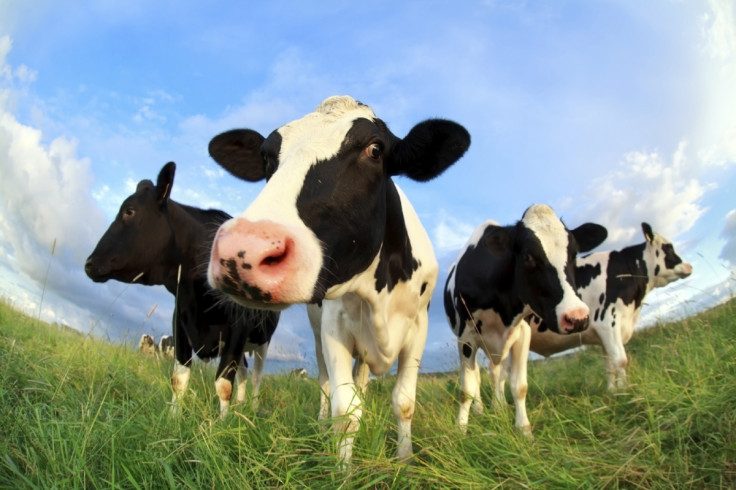Brexit: Antibiotic-infested US livestock could hamper trade deal
Farming and agriculture are likely to be a pivotal point of any post-Brexit trade deal.
Regulations on meat imports that could be included in post-Brexit trade deals have been thrown under the spotlight after it emerged livestock in the US contains a much higher level of antibiotics than their UK counterparts.
Agriculture and farming are expected to be pivotal points in Britain's negotiations with the US over a new trade deal after Brexit, as the world's largest economy could insist on allowing imports in the UK that would be banned under European Union regulations.
On that front, the recent discovery could present a major stumbling block, as the level of antibiotics found in livestock raised for foods in the US is five times higher than in Britain. The level is nine times higher when it comes to cattle raised beef and may be as high as whopping 16 times per cow in the UK.
Imports of American beef are banned throughout Europe because of the level of hormones they contain. The World Health Organisation wants antibiotics that are critical for human health to be banned from use on animals.
Higher use of antibiotics is strongly linked with increasing resistance to the drugs, which in turn could lead to rapid development of so-called "superbugs", which can cause severe illness or, in the worst case scenario, be fatal.

"US cattle farmers are massively overusing antibiotics," Suzi Shingler, at the Alliance to Save Our Antibiotics, was quoted as saying by The Guardian.
"This finding shows the huge advantages of British beef, which is often from grass-reared animals, whereas US cattle are usually finished in intensive feedlots.
"Trade negotiators who may be tempted to lift the ban on US beef should not only be considering the impact of growth hormones, but also of antibiotic resistance due to rampant antibiotic use."
The findings could be the source of a major headache for Theresa May's government, which has repeatedly signalled its intention to strike an ambitious trade deal with the US. Britain will, in all likelihood, come under intense pressure to accept US farming imports when negotiating a trade deal with Washington.
In the summer, a row broke out when the imports of chlorinated chicken from the US was mooted as, according to UK experts, the practice can disguise poor hygiene practices in the food chain.
However, speaking to an audience of British farmers in January, Ted McKinney, US under-secretary for trade and foreign agricultural affairs said he was "sick and tired" of hearing complaints over US food standards.






















